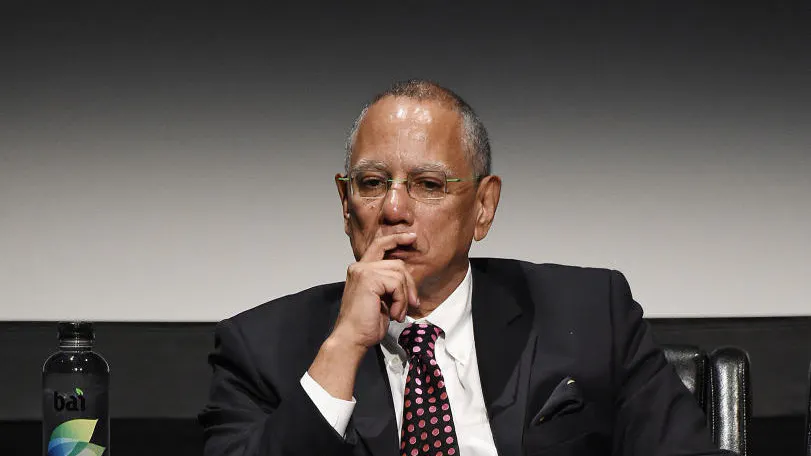Dean Baquet, executive editor of The New York Times newsroom, praised the 1619 Project in a memo Tuesday, becoming the second executive to do so in recent days, after long-time NYT columnist Brett Stephens wrote an Op-ed sharply critical of the project.
Calling the 1619 project “one of the most important pieces of journalism” published under his tenure as executive editor, Baquet praised the project for sparking conversation about “race and history” and a “new framework and a new critical date” for understanding the nation’s past.
“It has also generated a lot of debate. That’s no surprise. Work that boldly challenges prevailing views usually does,” Baquet wrote to employees, before invoking the column, according to a copy of the note posted online by the Times’ metro editor Cliff Levy.
“This column, however, raised questions about the journalistic ethics and standards of 1619 and the work of Nikole Hannah-Jones, who inspired and drove the project. That criticism I firmly reject,” wrote Baquet. “The project fell firmly within our standards as a news organization. In fact, 1619—and especially the work of Nikole—fill me with pride.”
Baquet concluded: “Our readers, and I believe our country, have benefited immensely from the principled, rigorous and groundbreaking journalism of Nikole and the full team of writers and editors who brought us this transformative work.”
A note to the NYT newsroom about the 1619 Project from our executive editor, Dean Baquet: “1619 is one of the most important pieces of journalism The Times has produced under my tenure as executive editor. It changed the way the country talked about race and our history.” pic.twitter.com/LnwnTgFoG6
— Cliff Levy (@cliffordlevy) October 13, 2020
The executive editor’s note to employees comes after AG Sulzberger, the publisher of The New York Times, reassured employees that the publication of Stephens’ Op-ed over the weekend didn’t “represent an institutional shift in our support for the project.”
Stephens, who calls himself a “Biden Conservative,” attracted the ire of left-wing defenders of the 1619 Project after he called it a “thesis in search of evidence.” While Stephens briefly praised the “ambition” of the project, he also pointed to a particularly important paragraph, which previously referred to “1619” as the country’s true founding but has since been changed without any note explaining so.
In response to Stephens’ column, The New York Times Guild, a union representing the Times’ media employees, blasted Stephens online in a since-deleted tweet: “It says a lot about an organization when it breaks it’s [sic] own rules and goes after one of it’s [sic] own. The act, like the article, reeks.”
The Times’ union claimed that the original tweet was made “in error,” but did not elaborate on the nature of the error. Ben Smith, the media columnist at The New York Times, later shared that he was told the original tweet was sent by the person who runs the account without approval from others.
Someone else active in the Times Union tells me that a leader of the chapter, who runs the account, tweeted about the Stephens column without any internal discussion, causing a furor in Slack and drawing heated objections from others in the Guild, and leading to this: https://t.co/7LPoulxaa7
— Ben Smith (@benyt) October 12, 2020

.png)
.png)

